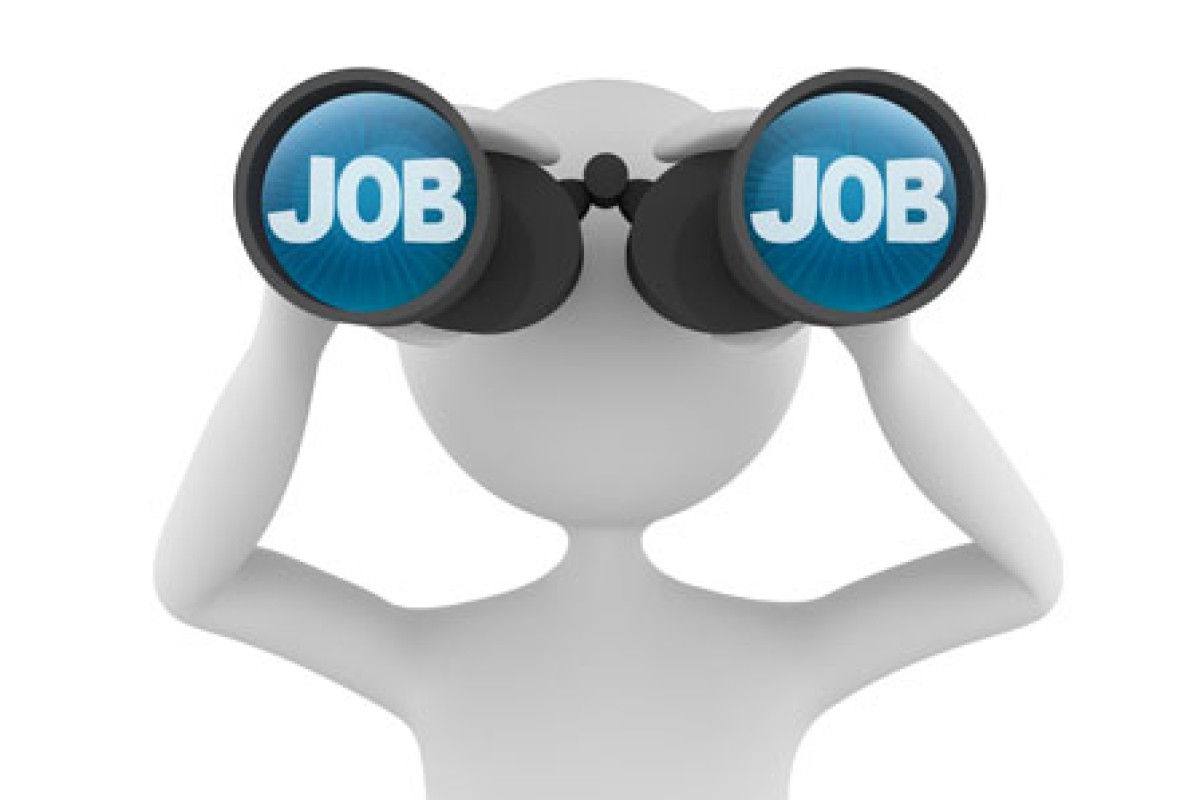
A good resume will distinguish you from your competitors - here we tell you what steps to take to get that job

About resumes
Your resume should promote you as the best candidate for a specific job. It must present you in the best possible light and be adapted to the job you're applying for.
A resume is not a simple listing of your education and job experiences. It should tell your reader about you, put your qualities forward, and show where you are coming from and what you want next.
Make it relevant to the job you want, and try to list specific achievements that show your skills. For example, instead of "plays football", you might want to put "played football for school team for five years".
The form
It must look clean, clear, structured and have titles and important information highlighted (bigger font, bold, underline) to give the reader a guideline. Choose a clear, common font, which is easy to read and pleasing to the eye. Allow plenty of space in between paragraphs
E-mail your resume in a PDF or a Word format, and always print it on standard A4 size paper.
The content
Make it easy to reach you. Put your information at the top of the page, including your full name, address, contact number and e-mail address.
Section your resume Since you probably don't have much work experience yet, start with your education, then add your work experience.
Use short words and sentences. Think in keywords; each word you choose is precious. Go straight to the point when describing your experiences.
If you want to write down a degree that you don't have yet, write something like "Bachelor's degree anticipated December 2012".
If you have solid volunteering experiences and school projects, add them under another section titled "Other experiences". Write the month and year in small type before the description (eg: "summer 2010").
Unless controversial, include associations and clubs you are involved with. It shows you are sociable and active.
Show your skills. List the software you can use, the languages you speak, and any other skills you have as long as they are relevant to the job you're applying to.
Be careful with hobbies. You don't want your hobby list to be longer than your experiences, so only include the hobbies, sports and social activities that you think bring something. Employers don't need to know you can play Mozart's Fur Elise on the piano, but it's interesting to know you have been playing the piano since age five and have performed at several shows.
If you don't have any work experience, it's better to get some by doing some volunteering or freelance work. It doesn't need to be a long experience, but you need something on your reume
Don't include salary information on your resume and never lie.
Before you send it
Ask a friend or a parent to proofread it to make sure it is error-free.
See also
How to write a good cover letter